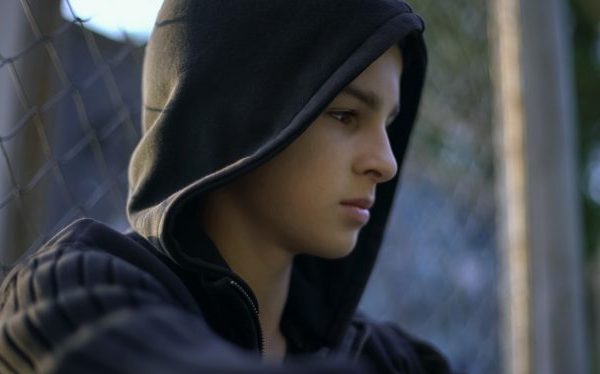
The Department for Education has issued guidance on managing isolation in children’s homes and other residential education settings in the midst of the coronavirus pandemic.
The advice, released over the weekend, makes specific provision for social workers being admitted to homes where young people have developed symptoms of Covid-19, should they need to visit to investigate child protection concerns.
Children’s home residents should self-isolate “as a household” if a resident shows symptoms, said the briefing note, which also covers boarding schools and university halls of residence.
“[But children’s homes], in contrast with other households, will almost always need to have staff and other professionals arriving and leaving during the period of self-isolation,” it went on. “We also recognise these households, some of which care for some of the most vulnerable children and young people, will need to review visiting guidelines including appropriate risk assessments.”
Related reading
Covid-19: how has social work responded to the coronavirus crisis?
Covid-19: Social Work England starts drive to temporarily register up to 8,000 former practitioners
Councils given £1.6bn to deal with impact of coronavirus on social care and vulnerable people
Staff ratios should be maintained at a safe level to protect children and young people, the guidance said, with capacity assessed daily and local authorities and commissioners kept informed of any risk of shortages.
“Consideration should be given to the needs of the entire household and to individual children’s and young people’s needs, working closely with parents and carers where appropriate,” it added. “Where the home, school or college is not located in the child’s or young person’s ‘home’ local authority, the two local authorities should liaise to ensure no child or young person is unsupported.”
Foster carer concerns
Separately, the government issued expanded advice around children already involved with local statutory services, who are being expected to continue attending local schools.
The new material said school safeguarding leads would have the flexibility to offer places to children not currently receiving social work support, but who are on the edge of a referral.
Again, in circumstances where children with social workers have to self-isolate, the advice said “local authorities will be expected to prioritise support to the most vulnerable, including undertaking necessary visits while taking appropriate infection control measures”.
The guidance also sought to address concerns, which have been raised on social media in recent days, around older foster carers being put in danger by sending children to school where they are more likely pick up the new coronavirus.
It said foster carers should raise issues with their social worker in order that any risks to carers are “taken into account when assessing what is in the best interests of your foster child”.
The note also said that schools and social workers should be supporting families to manage any issues around children being identified as having social work support, and potentially being stigmatised as a result.


 Assistive technology and dementia: practice tips
Assistive technology and dementia: practice tips  A trauma-informed approach to social work: practice tips
A trauma-informed approach to social work: practice tips 




 Find out how to develop your emotional resilience with our free downloadable guide
Find out how to develop your emotional resilience with our free downloadable guide  Develop your social work career with Community Care’s Careers and Training Guide
Develop your social work career with Community Care’s Careers and Training Guide  ‘Dear Sajid Javid: please end the inappropriate detention of autistic people and those with learning disabilities’
‘Dear Sajid Javid: please end the inappropriate detention of autistic people and those with learning disabilities’ Ofsted calls for power to scrutinise children’s home groups
Ofsted calls for power to scrutinise children’s home groups Seven in eight commissioners paying below ‘minimum rate for home care’
Seven in eight commissioners paying below ‘minimum rate for home care’
 Facebook
Facebook X
X LinkedIn
LinkedIn Instagram
Instagram
Comments are closed.